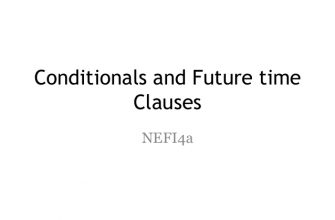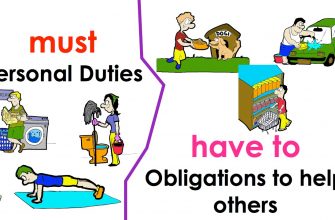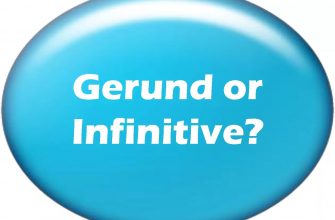some- in affirmative sentences
We normally use something, somebody/someone, somewhere in affirmative sentences.
- Look! There’s something under that chair.
- Somebody called you yesterday.
any- in negative and interrogative sentences
We use anything, anybody/anyone, anywhere in negative sentences and questions.
- There isn’t anybody in the house.
- Is there anybody here?
But we often use something, somebody/someone, somewhere in requests and in offers, i.e. when we ask for smething or offer something to someone.
- Can somebody help me?
- Would you like something to eat?
no- with affirmative verbs
We use nobody/no one, nothing, nowhere in sentences with an affirmative verb.
- The sun was in my eyes and I could see nobody. (NOT
I couldn’t see nobody.) - ‘Where have you been?’ ‘Nowhere.’
every- means ‘all’
We use everybody/everyone, everything, everywhere when we mean ‘all the people’, ‘all the things’ or ‘(in) all the places’.
- ‘Everybody in my class has passed the exam.’
- ‘From the top of the mountain we could see everything.’
- ‘There were insects everywhere.’
Singular verbs
We use singular verbs with all these words.
- Everything is expensive nowadays.
- Everyone was tired.
- Has someone seen my glasses
Something, anyone, nowhere, etc. + adjective
We can use an adjective (nice, wrong, etc.) after something, anything, etc.
- Can’t we go somewhere quiet?
- I didn’t do anything wrong.
Something, anyone, nowhere, etc. + to infinitive
We can use to + infinitive after something, anything, etc.
- We didn’t have anywhere to go.
- I need something to do. I’m bored.








